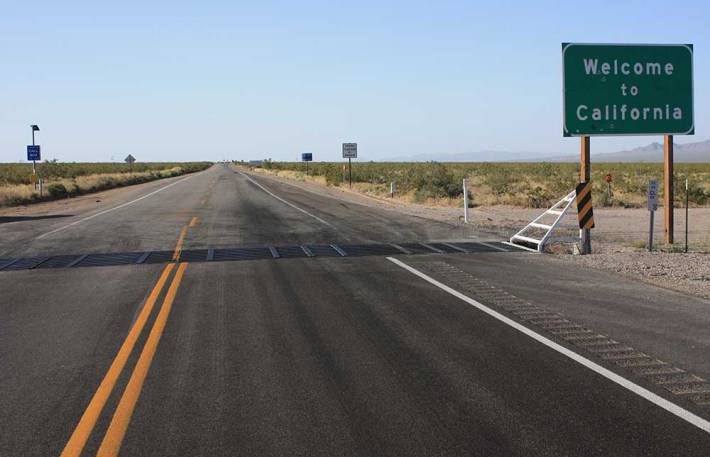
As the value captured from the state's gas tax continues to fall, and the conditions of the California's roads and bridges continues to worsen, state leaders unveiled a plan last week to pilot a program that could lead to replacing the gas tax with a road user fee based on vehicle miles traveled. A summary of the report can be found here.
Interested in volunteering? Click here.
“The gas tax is based on people getting gasoline at a filling station. People are moving to hybrid and electric vehicles. People are not using gasoline at the same pace. It used to be that when you got gas at a gas station, you would be paying, through the gas tax, for road maintenance," explains Santa Monica City Councilmember Pam O'Connor, who sat on a Technical Advisory Committee for the pilot program.
“That funding source has declined. Another source needed to be identified to assure funding to fix, maintain, and build new roads,” she said.
Caltrans maintains 50,000 lane-miles of highway and nearly 13,000 state-owned bridges. However, the state’s current fuel excise tax is sufficient to fund only $2.3 billion of work, leaving$5.7 billion in unfunded repairs each year.
"The gas tax is outdated and no longer capable of meeting all of our future transportation revenue needs,” said Will Kempton, executive director of the California Transportation Commission, the appointed body that released a report detailing the pilot program.
“The pilot is an excellent opportunity to study road charging and should provide the Legislature the data it needs to better determine whether and how this idea might work in California," he said.
Caltrans is looking for all sorts of motorized vehicle owners to take part in the project. To accurately gauge what the public's reaction to changing from a gas tax to a vehicle-miles-traveled fee is a big deal and they want to present lawmakers with a wide range of volunteers' opinions. Are you a sales person that drives hundreds of miles a week? A transit commuter who uses the car for weekend getaways? Something in between? You qualify to participate in the pilot program.
Live a completely car-free lifestyle? Congratulations! But...you don't qualify.
So how will miles be tracked? Well, that's another thing they are studying. A fact sheet prepared for interested participants summarized the options as "no-tech, low-tech, or go-tech." Basically, participants in this project would have the option of using smart phone apps, GPS devices attached to their cars or, for the privacy-minded, a notepad and paper.
"The committee looked at options including a GPS-based modeled," explains O'Connor. "If some people have more concerns about privacy, you could do it by an odometer reading."
Also still up for study is how the agency will charge people for using the roads. Will California residents be charged for all the driving they do? Driving just on highways? Driving outside the state? Will there be a one-time fee offered for people to pay up-front? All of that is still to be determined.
But for O'Connor, these questions can't be answered quickly enough.
“We all want good roads. Well, if we want good roads, we have to figure out how to fund their maintenance. We have a problem in California. We have some deferred road maintenance and the longer we defer the more expensive it gets,” she said.





